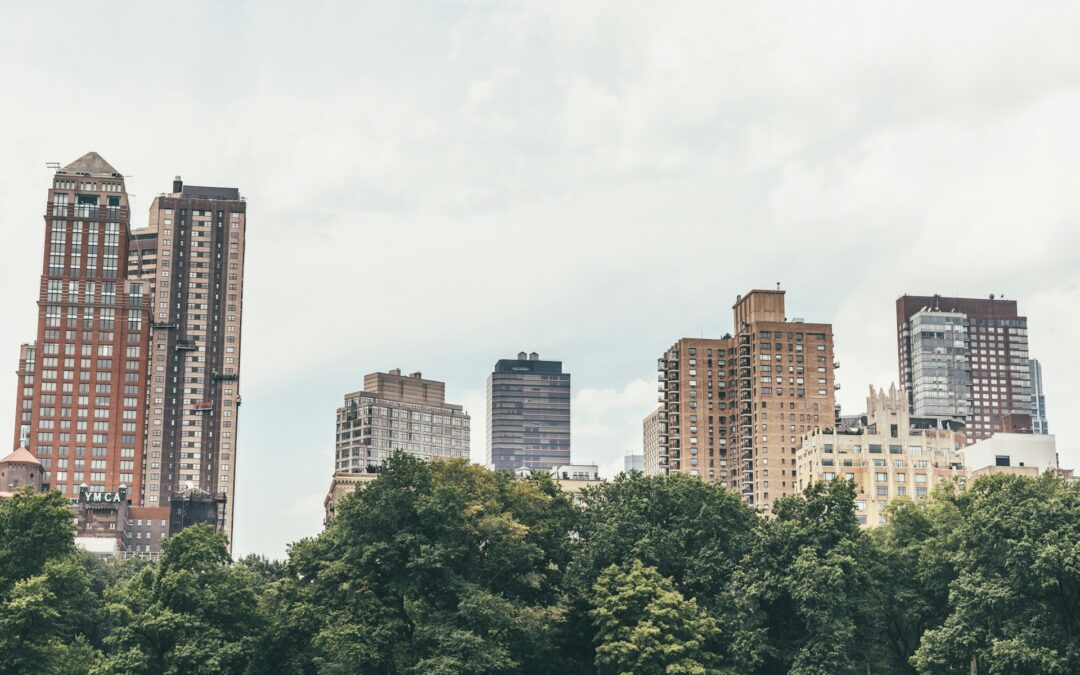Forest Therapy: A Response to Urban Health Challenges
Cities are vibrant hubs of culture, innovation, and community, but they also present unique health challenges. From air pollution to overcrowding, urban environments often strain both mental and physical well-being. Forest Therapy offers a refreshing antidote, providing urban residents with a natural refuge to restore balance.
The Urban Health Crisis
- Mental Health Strain: Anxiety, depression, and stress are more prevalent among urban populations than rural ones. Factors like noise pollution, lack of green spaces, and high-density living contribute to these issues.
- Physical Health Issues: Urban living is linked to higher rates of cardiovascular disease, obesity, and respiratory conditions due to sedentary lifestyles and exposure to pollution.
- Social Isolation: Despite being surrounded by people, urban residents often report feelings of loneliness and disconnection, exacerbating mental health struggles.
How Forest Therapy Addresses These Challenges
- Reducing Stress and Anxiety: Guided sessions in nature allow participants to slow down and engage with their surroundings, reducing cortisol levels and promoting relaxation.
- Encouraging Physical Activity: Forest Therapy involves gentle, mindful walking, which supports cardiovascular health and combats sedentary lifestyles.
- Fostering Connection: Group sessions create opportunities for social interaction, while individual practices encourage a deeper connection to oneself and the environment.
Practical Ways to Incorporate Forest Therapy
- Guided Walks: Join a Forest Therapy session led by a certified practitioner to explore techniques for mindfulness in nature.
- Daily Nature Time: Dedicate 20 minutes each day to spending time outdoors, whether it’s sitting in a park or strolling through a tree-lined street.
- Bring Nature In: Incorporate plants into your home or office and use natural materials to create a calming indoor environment.
Forest Therapy is more than a walk in the woods—it’s a purposeful practice designed to address the unique challenges of urban living. By integrating nature into daily routines, city dwellers can foster resilience, improve health, and rediscover a sense of harmony amidst the urban hustle.

